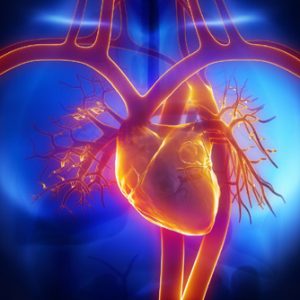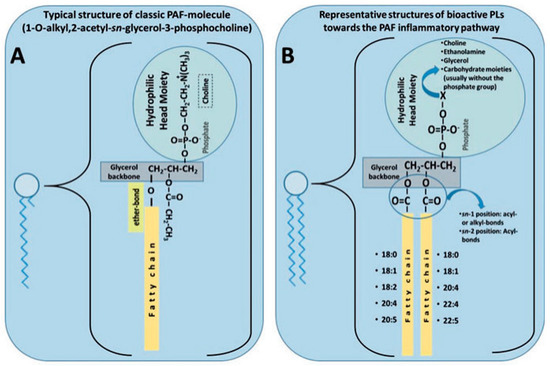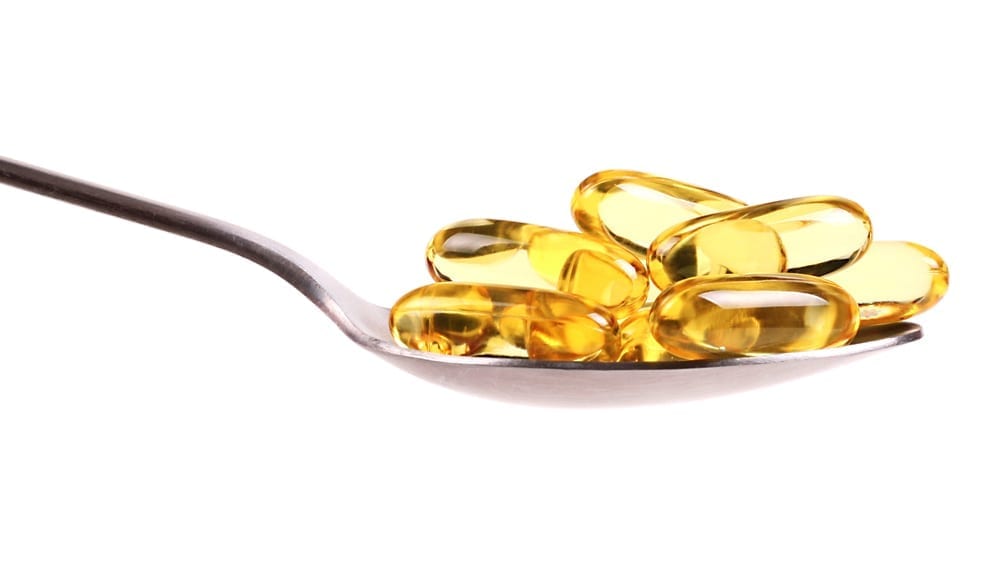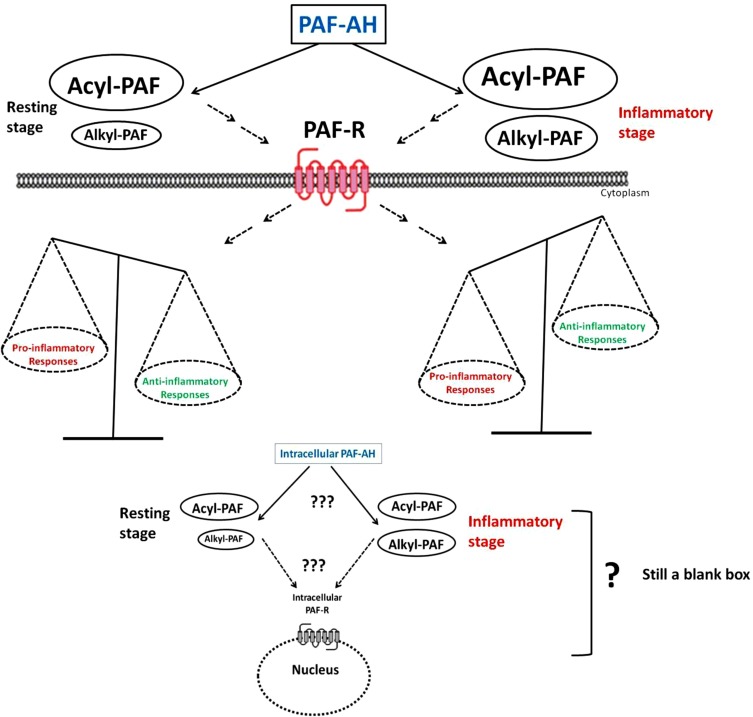Tag : CVD
Omega-3 fatty acids do NOT lower Cardiovascular risk : this is why
Here, we present all evidence on omega-3 fatty acids and polar lipids on their bioactivities against Cardiovascular Diseases (CVD).
New publication by our team: Cardiovascular Diseases and Marine Oils: A Focus on Omega-3 Polyunsaturated Fatty Acids and Polar Lipids
N-3 fatty acids do NOT reduce the cardiovascular risk! In our latest paper (in review: Marine Drugs), we explain why N-3 fatty acids are NOT effective and we discuss the value of Polar Lipids.
The bio-efficacy of omega-3 fatty acids against CVD
Omega-3 studies are using 4000mg/day and yet there is no decrease in the cardiovascular risk.
It is safe to say that polar lipids are the food components with strong potential against CVD and hence our work in UL focuses further to this class of lipids.
The role of Platelet-Activating Factor (PAF) in inflammation
It is clear from the wealth of evidence presented that understanding the mechanisms of PAF/PAF-R signalling in health and disease has yet to be fully elucidated. However, the discovery of various PAF and PAFLL agonists and antagonists, the role of the PAF metabolic enzymes in diseases, solving the human PAF-R structure, and identifying PAF signalling mechanisms independent of the PAF-R are some of the many major achievements in current PAF research. PAF is clearly linked to inflammation and CVD.




